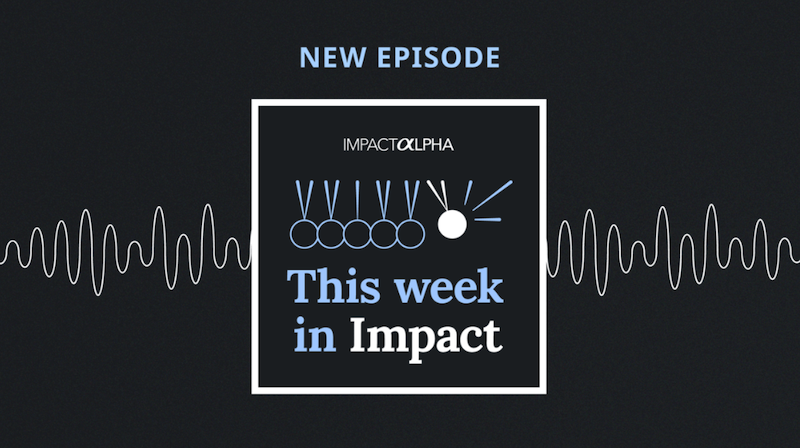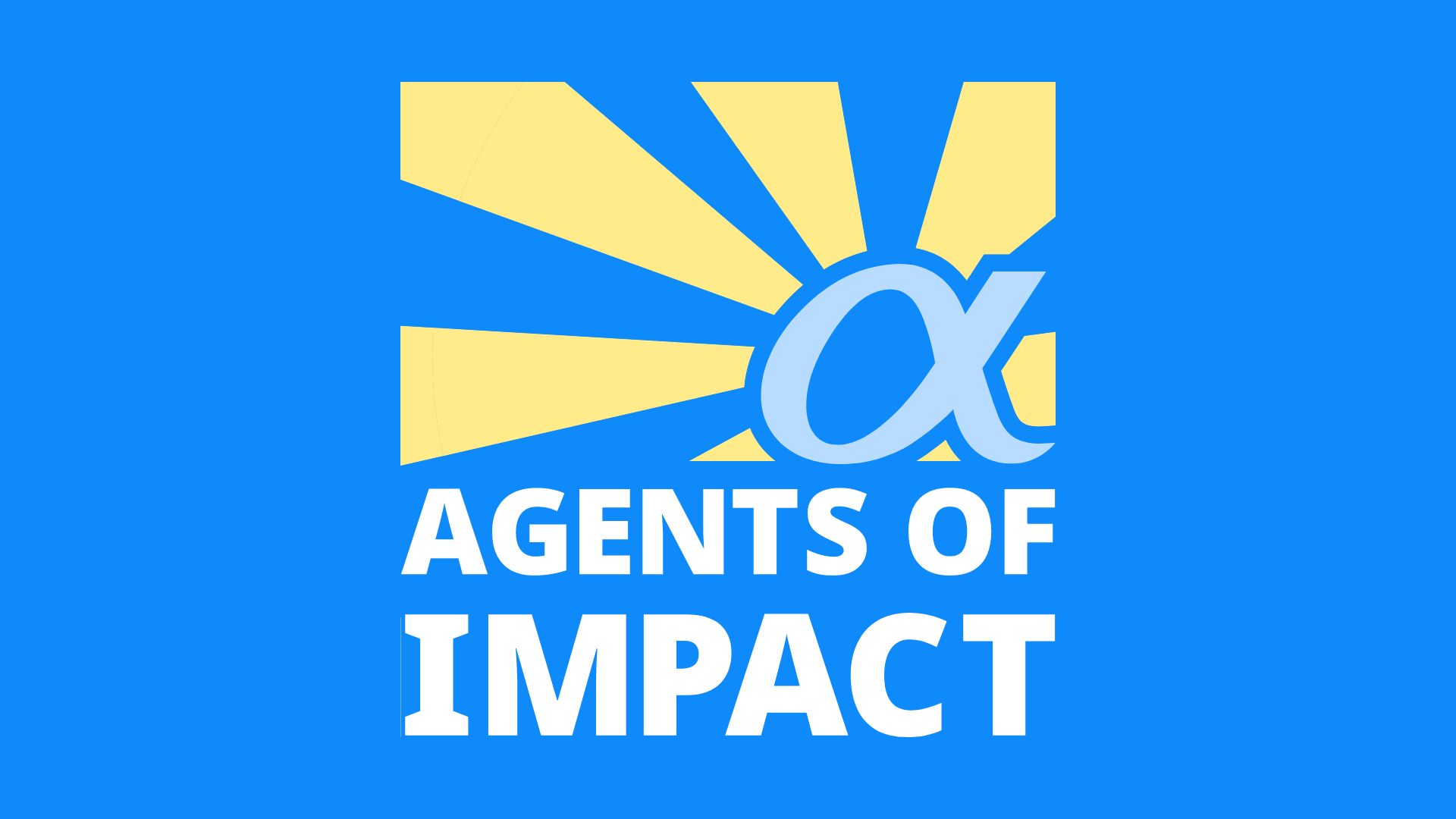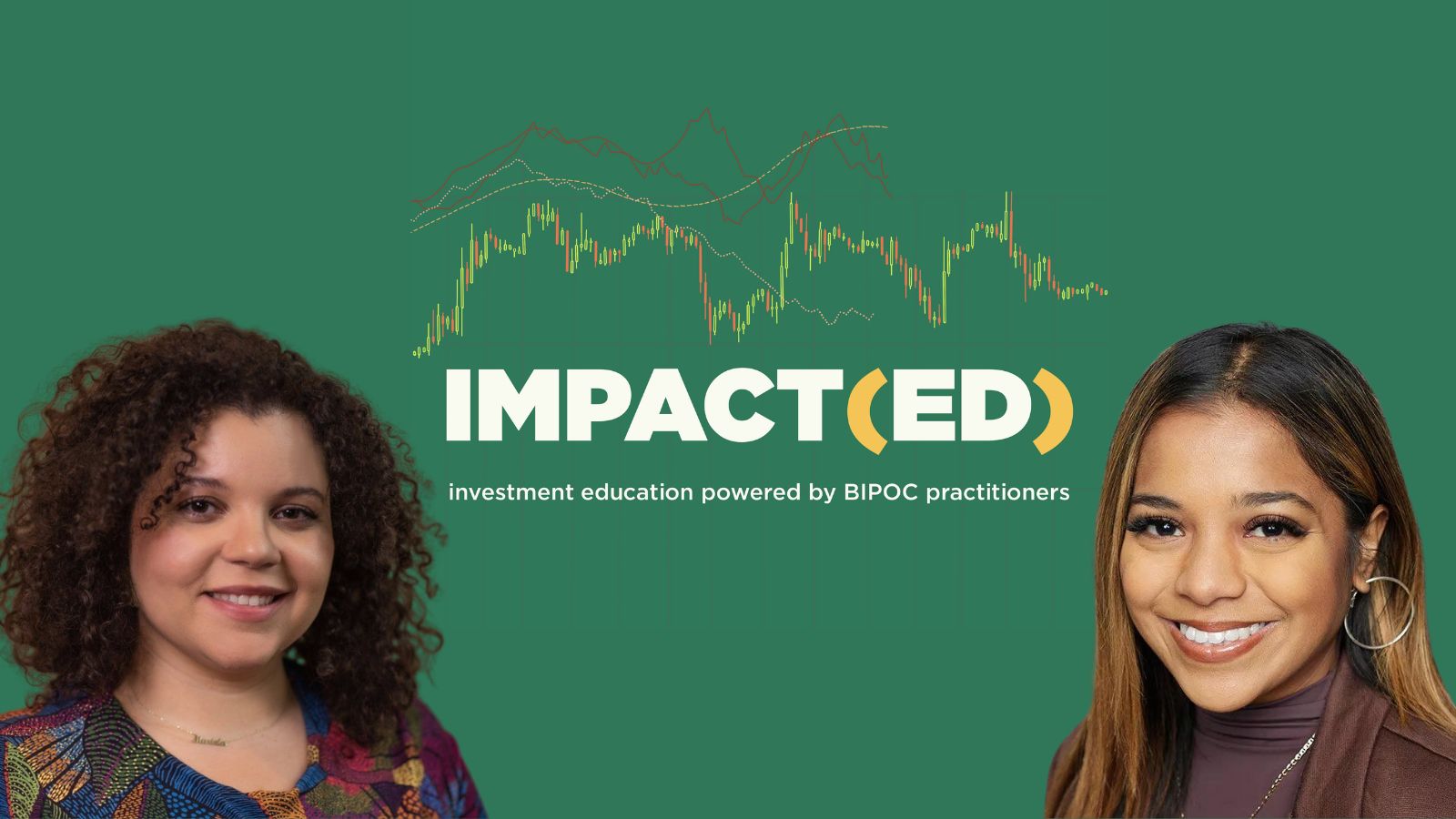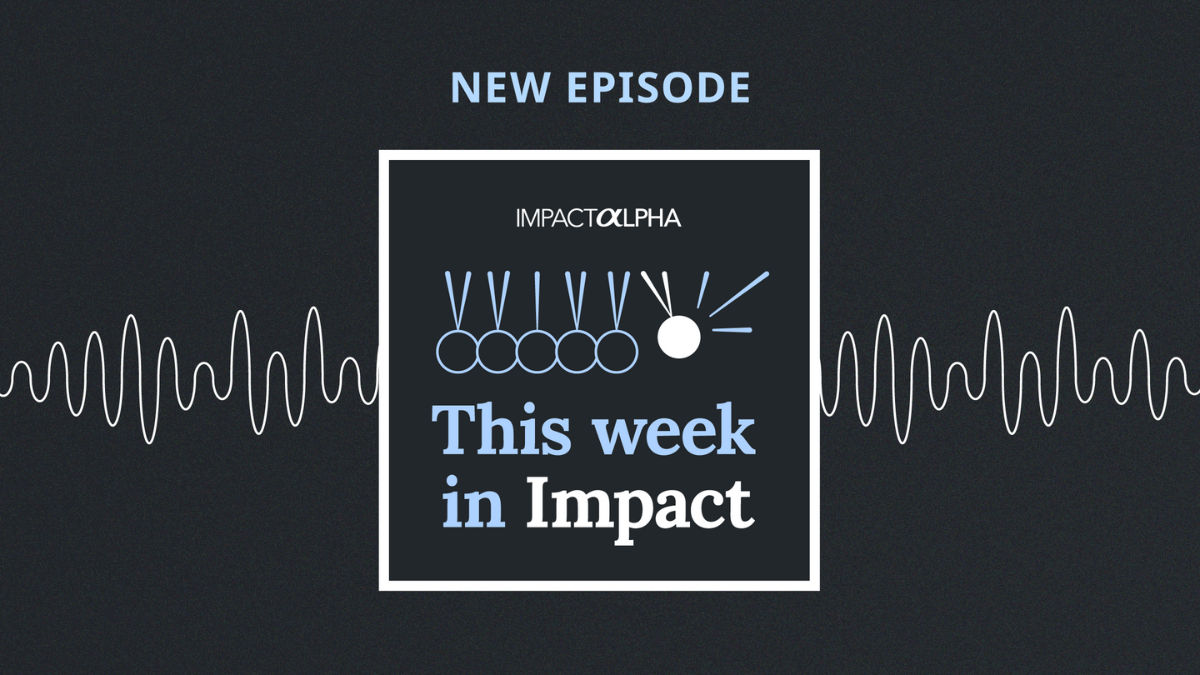David Bank chats with Acre Africa’s Niza Banda in the next conversation from the recent “Connecting capital to communities” gathering at the Salzburg Global Seminar, sponsored by the Robert Wood Johnson Foundation. Host Brian Walsh has the headlines.
Africa’s food security depends on about 33 million farmers, most of whom till small plots of land without irrigation or sophisticated equipment. Food production, and the livelihoods that depend on it, are therefore increasingly vulnerable to drought, floods and other climate risks.
Zambia-based Acre Africa brings together farmers and insurance providers to partially de-risk agricultural production, helping farmers who suffer bad seasons plant again. The approach spares households the devastating domino effects of being unable to repay early season loans for seeds and fertilizer, like losing their land, taking their children out of school or going hungry.
“There’s a big push around how we get more people to subscribe to insurance products,” says Banda. Only about 3% of Africans have insurance or any kind; individual policies, particularly for low-income people in rural areas, have been too costly for large insurance companies to underwrite.
Parametric payouts
Acre makes micro-insurance more accessible and affordable by developing products for groups of farmers, such as cooperatives or those enrolled in government agricultural initiatives, rather than for individuals.
“The law of large numbers makes it affordable insurance for many people to access in one go,” Banda explains.
The “parametric” coverage doesn’t require farmers to make individual claims; rather they get an automatic payout upon specific weather events, like inadequate rainfall over a crop cycle. Acre relies on crop phenology, weather data and remote satellite imaging to trigger payouts, saving time and money – though a widespread crop failure can require Acre’s insurance partners to pay out a large number of claims quickly.
Learning curve
Acre couples insurance with technical assistance to help farmers mitigate human and on-farm risk factors. The company also serves as an intermediary to improve the flow of data and information between farmers and government agencies and facilitate financial services in rural communities.
“The environment that we work in – insurance – is not is not at its most developed phase,” acknowledges Banda. “People are still learning.”










